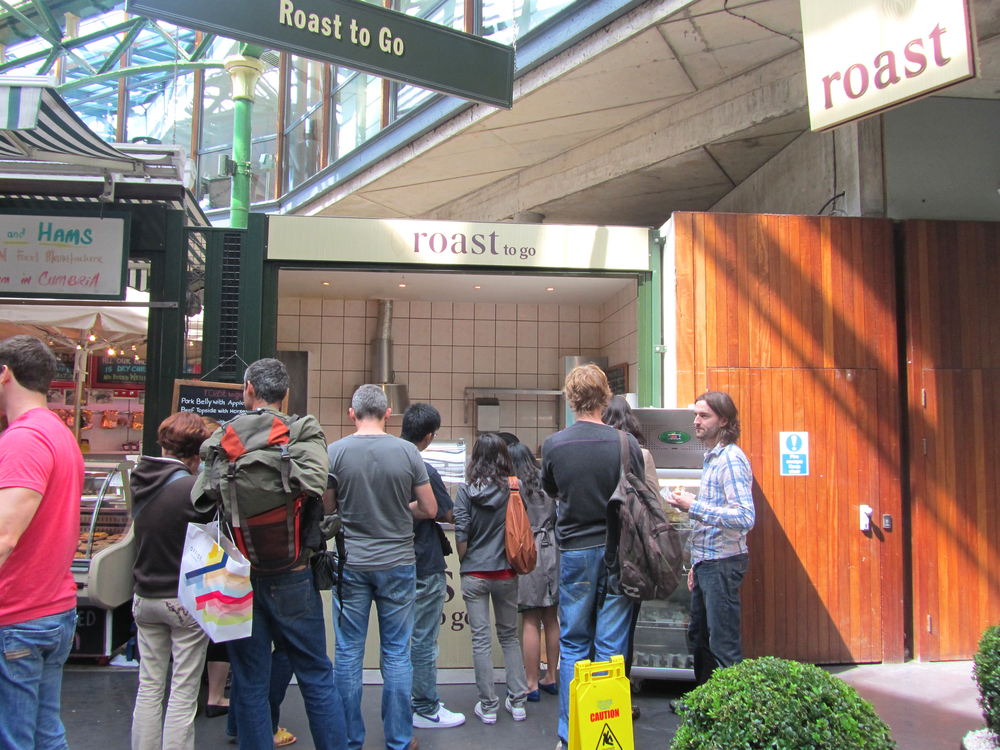A new report compiled by Kitchenette and independent innovation charity Nesta finds that the eating out sector in the UK is worth £25 billion to GDP each year.
The study has been compiled to provide a set of recommendations which the two organisations believe will allow more entrepreneurs to enter the food space.
Statistics from the study shows that the eating out sector accounts for 1.46 million of the British employed and had the highest growth in employees by industry during 2010-2011 (58 per cent).
Kitchenette says that, if support is given by local councils, food could create up to 25,000 new jobs in a year and contribute a further £200 million to the economy.
The report was launched at Roast, a restaurant located in London’s Borough Market and founded by restauranteur Iqbal Wahhab, who is the chair of Kitchenette.
Wahhab says, ‘It is both exciting and heartening to hear that food start-ups are flourishing, despite the recession.
‘However, there is still much to be done in terms of encouraging young entrepreneurs – and cutting thought the red tape that continues to hamper the launch of so many businesses – if the industry is to realise its enormous potential.’
Amongst Kitchenette and Nesta’s recommendations is a call for a boost to food exports by appointing a ‘creditable’ British Food Envoy to represent artisanal British produce and food brand abroad.
The two organisations would also like to see the lifting of legislative restrictions levied against food markets and the setting aside of at least 5 per cent of market pitches for food start-ups.
Local councils, the report adds, should open up underutilised kitchens and spaces in public and private sector buildings for pop-up restaurants while educational institutions are encouraged to put food entrepreneurship on the agenda in catering colleges.
The report, A Steak In The Economy, uses case studies such as Meat Liquor, which was set up by Yianni Papoutsis using a £3,000 ISA.
Papoutsis, who build his business using the pop-up concept dubbed ‘guerilla dining’, says he would like to see small business owners in the food space encounter less bureaucracy.
He adds, ‘In the food business there are so many regulations, which vary from council to council and from street to street.’
Speaking at the launch of the report at Roast in Borough Market, Rohan Silva, senior policy adviser at No. 10, said that the food served at Downing Street is some of the worst in the country.
He outlined three areas which the government is hoping to improve, in order to make it easier for food entrepreneurs to set up and grow.
Access to finance, where he hopes organisations such as KERB and Feast (member-based food start-up collectives) will be distributors of start-ups loans, and a reduction in unnecessary regulation were top of his list.
He also highlighted the issue of government procurement as an issue, despite the government removing the requirement for three years of reporting accounts to be provided for a government contract.
See also: The best cities in the UK to start a street food business






